detail profile tadeusz janczar
Peran Yang Di Mainkan Tadeusz Janczar
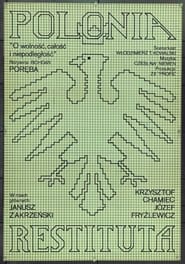 A twopart historical film covering the...
A twopart historical film covering the...Polonia Restituta 1981
A two-part historical film covering the years of the First World War and the post-war period up to 1919 - until the signing of the peace treaty in Versailles near Paris. An attempt to show the great and complicated process of regaining an independent existence by a nation within its own state. The screen shows characters from history textbooks: Józef Piłsudski, Ignacy Paderewski, Roman Dmowski, Wojciech Korfanty as well as representatives of the world political scene, incl. David Lloyd George, Woodrow Wilson, Georges Clemenceau, Vladimir Lenin and others.
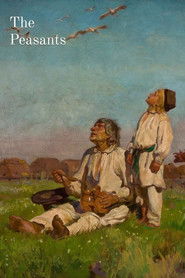 In a bucolic Polish hamlet the...
In a bucolic Polish hamlet the...The Peasants 1973
In a bucolic Polish hamlet, the tense relationship between a father and son reaches a boiling point when the men lose their hearts to the same woman and vie for her affections. Based on Wladyslaw Reymont's Nobel Prize-winning book and helmed by Jan Rybkowski, this theatrical release (starring Krzystof Chamiec, Wladyslaw Hancza and Emilia Krakowska) was culled from a 13-episode miniseries that aired on Polish television in 1972.
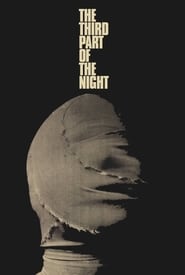 Set during the Nazi occupation of...
Set during the Nazi occupation of...The Third Part of the Night 1972
Set during the Nazi occupation of Poland, in which Michał witnesses the murder of his mother, wife and child. He is hurled into a life that literally is not his own; a surreal world littered with trapdoors, doppelgängers and wormholes. It also tells the true untold story of a vaccine laboratory where Jews and members of the resistance were employed as feeders for parasites infected with typhus.
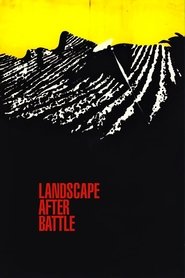 Film opens with the mad rush...
Film opens with the mad rush...Landscape After Battle 1970
Film opens with the mad rush of haphazard freedom as the concentration camps are liberated. Men are trying to grab food, change clothes, bury their tormentors they find alive. Then they are herded into other camps as the Allies try to devise policy to control the situation. A young poet who cannot quite find himself in this new situation, meets a headstrong Jewish young girl who wants him to run off with her, to the West. He cannot cope with her growing demands for affection, while still harboring the hatred for the Germans and disdain for his fellow men who quickly revert to petty enmities.
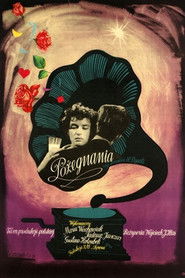 The story takes place before World...
The story takes place before World...Farewells 1958
The story takes place before World War II and centers on Pawel, a member of a conservative, middle-class family, and his love for Lidka, a taxi dancer. Social conventions and the lovers' inability to defy those forces Pawel and Lidka benefit. Times change, war breaks out, leading to Pawel sent to Auschwitz while Lidka marry his cousin. Their love has survived and conventions are no longer the issue.
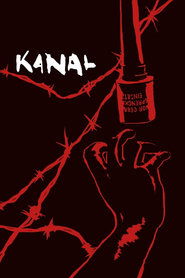 During the last few days of...
During the last few days of...Kanal 1957
During the last few days of the Warsaw Uprising following World War II, a modest group of Resistance members remains. The band must take refuge in the sewers under the orders of leader Zadra, but it's only a matter of time before they will have to emerge. However, when they try, they are met only with intense hostility from the Nazis. Despite their attempts stay resolute through immense mental strain, it becomes increasingly apparent that they may be doomed.
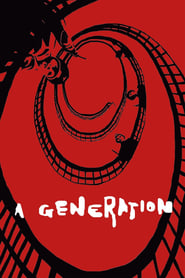 Stach is a wayward teen living...
Stach is a wayward teen living...A Generation 1955
Stach is a wayward teen living in squalor on the outskirts of Nazi-occupied Warsaw. Guided by an avuncular Communist organizer, he is introduced to the underground resistance—and to the beautiful Dorota. Soon he is engaged in dangerous efforts to fight oppression and indignity, maturing as he assumes responsibility for others’ lives. A coming-of-age story of survival and shattering loss, A Generation delivers a brutal portrait of the human cost of war.
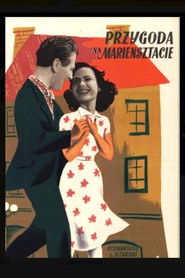 While visiting Warsaw Hanka falls for...
While visiting Warsaw Hanka falls for...Adventure in Marienstadt 1954
While visiting Warsaw, Hanka falls for a record-breaking bricklayer. She returns to the city to work at construction sites and prove that women can work as hard as men
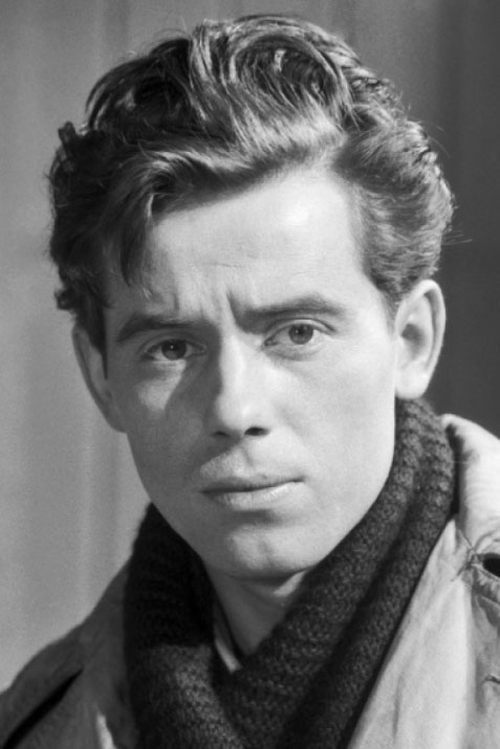
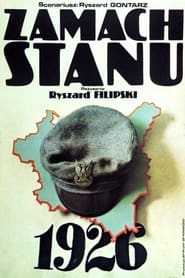
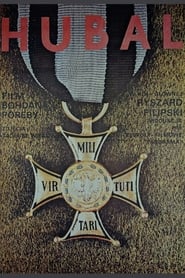 Based on a true story After...
Based on a true story After...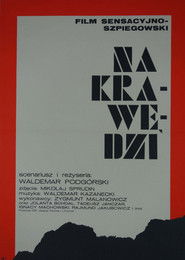 A Polish counterintelligence officer infiltrates a...
A Polish counterintelligence officer infiltrates a...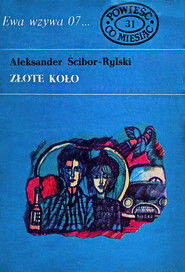 An unknown man brings a wounded...
An unknown man brings a wounded...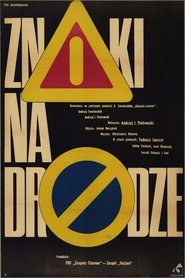 A new transport base employee rises...
A new transport base employee rises...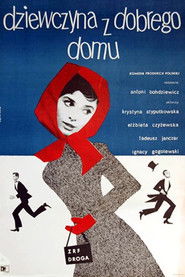 Instead of coming to her own...
Instead of coming to her own...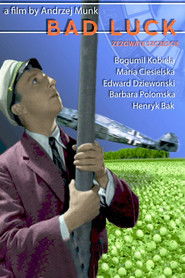 To convince the prison warden against...
To convince the prison warden against...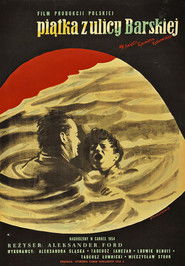 In warravaged Warsaw five juvenile delinquents...
In warravaged Warsaw five juvenile delinquents...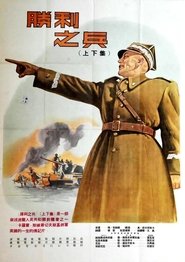 Twopart biopic about General Karol wierczewski...
Twopart biopic about General Karol wierczewski...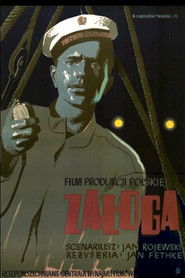 Antek is an inexperienced seaman favored...
Antek is an inexperienced seaman favored...